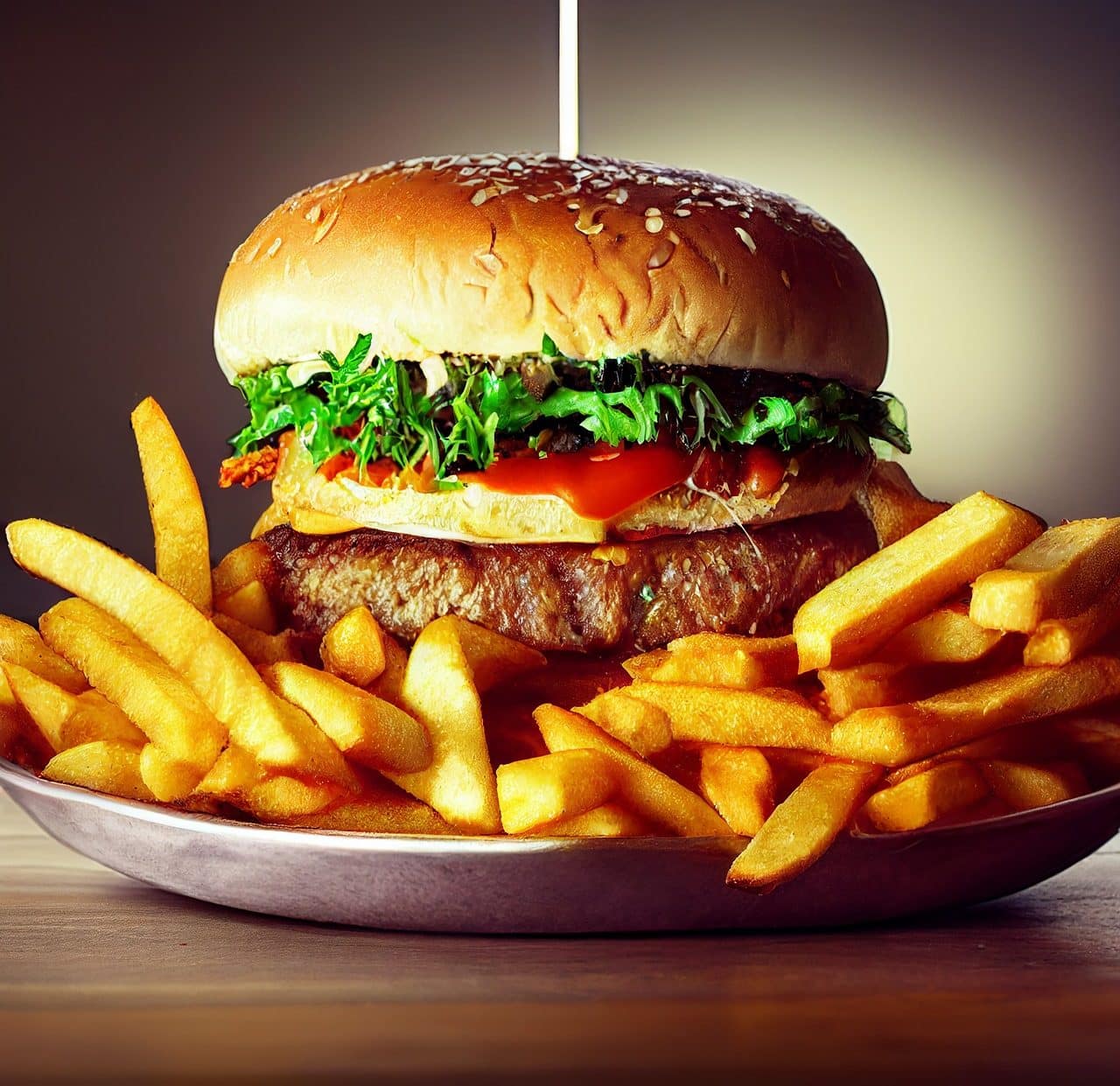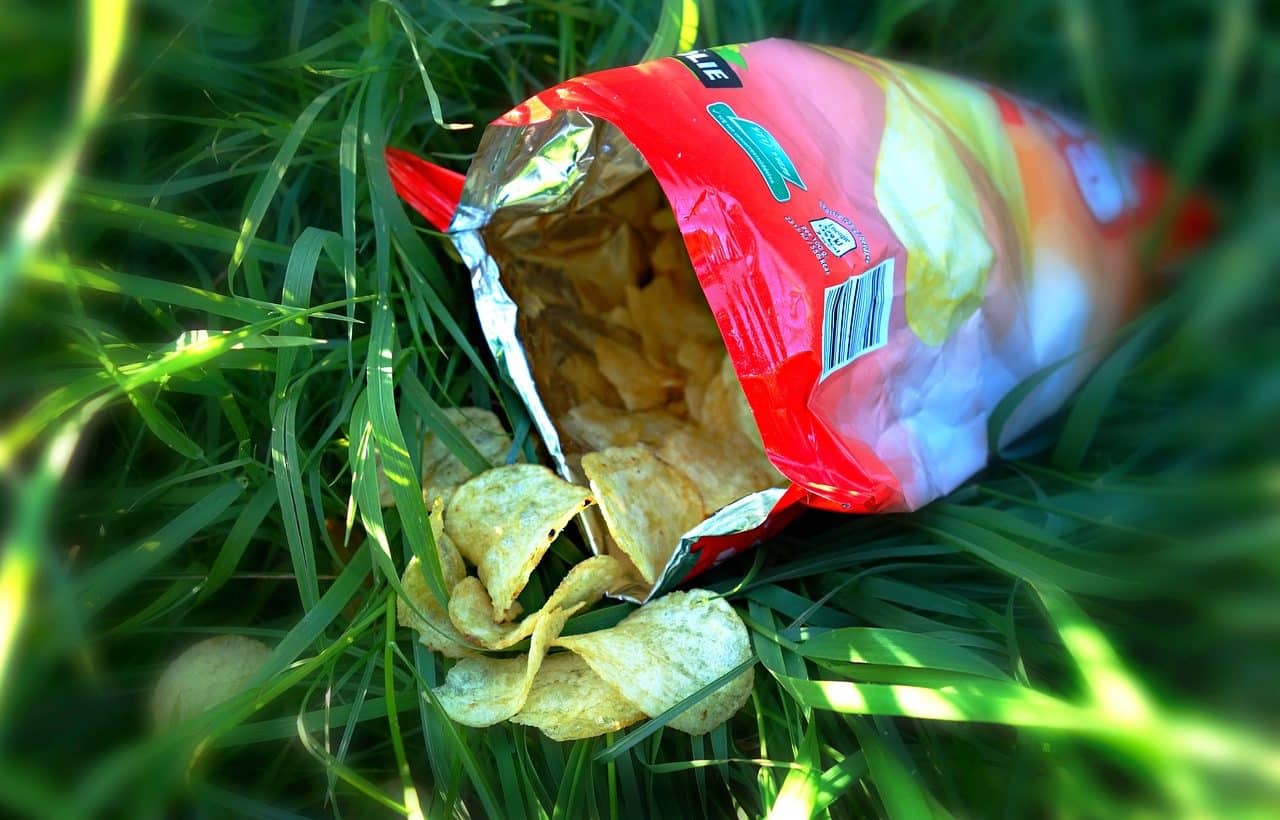
With healthy eating habits it is possible to take care of the body with a diet rich in natural products and low in ultra-processed foods.
Processed foods are those edibles that have been subjected to transformations, treatments or processes that altered their original essence without leaving them unrecognizable. Processing generally serves to delay or slow down natural degradation and thus extend the shelf life of food, as well as to highlight, accentuate or change some quality.
Every consumer has the right to know what kinds of food products the market offers and what differences exist between natural , processed and ultra-processed foods. Although each organism has specific nutritional needs, it is always preferable to have healthy eating habits and, within that framework, a balanced and nutritious diet. To do this, it is essential to educate from an early age about what and how to eat to enjoy good health.
There is an international trend that aims to prioritize a diet that is as natural and sustainable as possible . Many people are also deepening their knowledge about the benefits and harms caused by each preparation suitable for human consumption in order to select options that allow them to eat safely and with minimal health risks in the short, medium and long term. term. Fortunately, social awareness of nutrition is increasing and more people are checking nutritional information and not ignoring warning labels before deciding to purchase.
Characteristics of processed foods
Once it is understood what the concept of processed food encompasses, it is possible to focus attention on the characteristics that generate differences between it and products classified in another way.
They are minimally processed , the theory goes, those foods to which no oils, sugars or salt are added. Perhaps they have been broken up, dried, crushed, or simply had fragments removed that are not eaten. Pasteurization (key to eliminate pathogenic bacteria) and vacuum packaging (ideal to extend the expiration date and maintain the flavor and aroma for longer) are some of the most frequent actions.
Edibles prepared with a couple of ingredients that underwent some complex type of preparation, transformation or conservation method are classified as processed . With them, food security is obtained and great waste or losses are avoided.
It is extremely important to know, and take into account, that the so-called ultra-processed foods are the most harmful to health. In short, it is industrially produced merchandise that is usually sold in packages and is offered either ready to ingest directly or to be heated. Preservatives , artificial colorings , flavor enhancers , stabilizers , emulsifiers and other food additives are present in this set that threatens the well-being of consumers by providing them with excessive amounts of sodium , fats , etc. Candies , alfajores , ice cream , pre-fried chicken , sausages , hamburgers , sodas and each of the foods with high sodium and/or sugar content fall into this group.

Fast food is not recommended given the excess fat and high level of sodium it has.
News and trends
Research into the benefits and disadvantages of edible products is incessant and revealing, in addition to the fact that the use of technology in favor of human nutrition is also constantly revolutionizing the food industry .
The search for sustainability , on the one hand, is driving changes in companies and users committed to respecting and preserving natural resources. This translates into a gradual modification of systems and behaviors that show greater consideration or concern for the environmental impact of food production .
There are also experts in scientific issues who consider it appropriate not to demonize processed foods , pointing them out as those most responsible for the multiplication of cases of obesity on the planet. For this group of specialists, it is essential to supply the market with accessible, nutritious, safe and sustainable processed products .

Salty snacks that are sold in packages and are intended for snacking between meals are great triggers for diet-related diseases.
Examples of processed foods
There are multiple, and very easy to find, processed foods in supermarket and diet shelves.
This is what happens, indicating alternatives that are widely consumed internationally, with salads that are sold bagged and vegetables or fruits previously washed and distributed on trays. Spice mixes, roasted nuts, and cut and frozen vegetables are also processed foods that can enrich the diet with virtually no inconvenience.
Meanwhile, it is advisable to avoid fast food because it belongs to the ultra-processed category and, therefore, increases the chances of developing or aggravating cardiovascular diseases . This is due to the immense amount of calories, fat and sodium they provide to the body. The daily consumption of industrial bread , potato chips , sugary drinks , industrial cookies , sausages and packaged snacks is also not recommended as they do not contribute to a healthy and balanced diet .
Among the processed foods that have achieved collective approval, however, are textured soybeans , natural yogurt without additives and boneless, skinless fish . Always reading the labels and the information on nutritional values and ingredients, tomato sauces and chocolate with a high percentage of cocoa are also accepted.
Expert word
Graduated in Human Nutrition and Dietetics at the University of Santiago de Compostela ( USC ), Saúl Sánchez is a prominent Spanish nutritionist. He has a Master's Degree in Genetic, Environmental and Nutritional Conditions of Development and Growth ( USC ) and also completed the University Expert Course in Sports Nutrition at the International University of La Rioja ( UNIR ). Likewise, for three seasons, he was a nutritionist for the first team of RC Deportivo de La Coruña .
We consulted this specialist about how the consumption of processed foods affects health and what disadvantages these products present compared to natural food:
In the short term it does not have a very high impact, but as the years go by the level of inflammation in the body increases, hindering key physiological processes to maintain a good state of health. In this way, aging is accelerated while immune function worsens. The impact is both physical and psychological, with poorer exercise tolerance and a greater predisposition to mental health problems. Of course, these types of foods have a much lower nutritional density than good quality fresh foods that should be present in the diet, so if they appear frequently in the diet and replace fresh products, it is more likely that develop a deficiency of essential micronutrients.
Saul Sanchez
